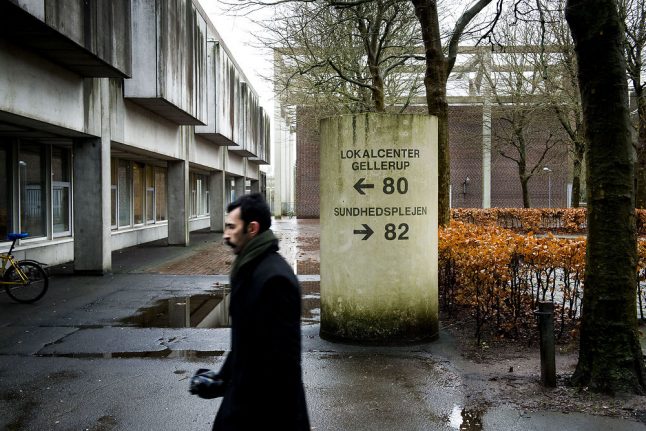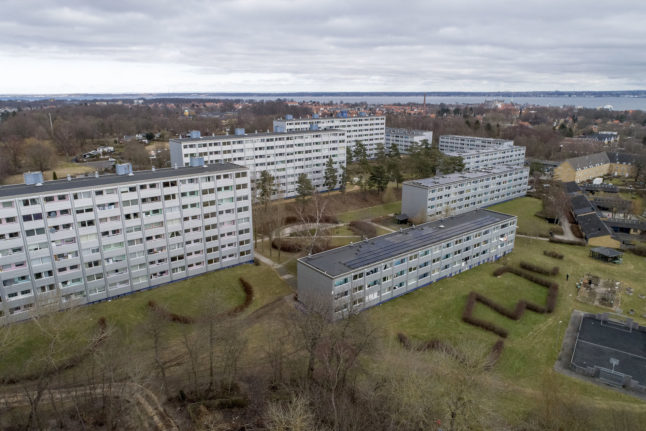A first proposal of the government plan on underprivileged areas – defined by the Ministry of Transport and Housing as ‘ghettos’ – will be presented on Thursday.
Some details of that plan have already been released. Here’s what we know so far:
READ ALSO: Danish government wants double punishments for crimes in underprivileged areas
Tougher criminal punishments in specified areas
The government wants to enable police to define zones in which punishments given for certain crimes can be doubled. Police would have the option of implementing double-punishment zones in extraordinary circumstances and must be able to justify the decision.
Housing
Housing companies would be given the right to refuse to rent property to tenants with certain types of criminal convictions dating within the last five years. New legislation will also make it easier for landlords to evict tenants convicted of crimes, with the government arguing that current processes take too long.
Data sharing
Municipalities will be given easier access to the personal information of residents living in underprivileged areas.
Harsher punishments will be introduced for persons working for authorities if they fail to report potential poor conditions for children. Punishments suggested range from fines to four months in prison, or up to a year if circumstances are aggravated.
Social welfare
A person receiving state income payments (Danish: kontanthjælp) would see these reduced as a result of moving to a ‘ghetto’ area as defined by the government. Municipalities will not be allowed to move people receiving the unemployment allowance into these areas.
Children from underprivileged areas attend obligatory daycare
Children living in areas defined as ‘ghettos’ would be required to attend daycare for at least one year. Should this requirement not be met, municipalities would have the option of cutting child social welfare payments.
Daycare centres would be limited to accepting no more than 30 percent of their children from the underprivileged areas.
Incentives for municipalities
Municipalities that place residents with non-Western immigrant backgrounds in jobs will receive financial bonuses. Students with non-Western backgrounds who achieve year-on-year improvements in school grades will also earn money in the form of bonuses to municipalities.
Sources: Ministry of Justice, Ministry of Social Affairs, Berlingske, Kristeligt Dagblad, Politiken, TV2.
READ ALSO:




 Please whitelist us to continue reading.
Please whitelist us to continue reading.